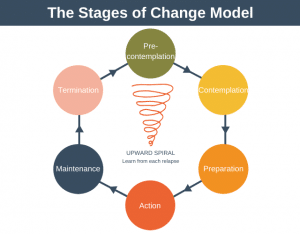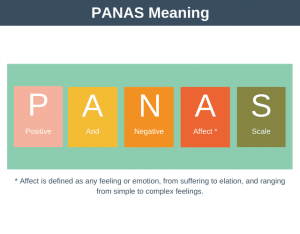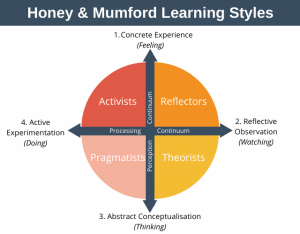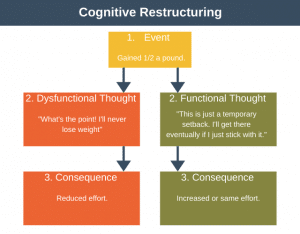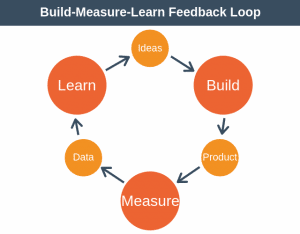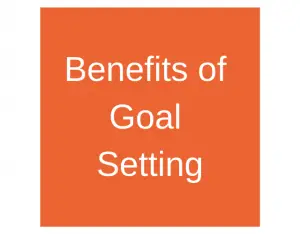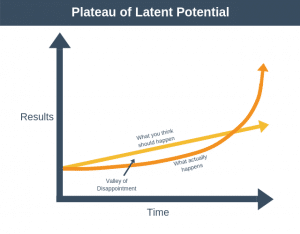If you were asked to rate your driving ability on a scale of 1 to 10 how would you score yourself? Maybe you’re not the best driver in the world, but you probably don’t believe your the worst. In fact, you probably rate yourself as being a little better than the average driver.
The problem with this is that most people rate themselves as being a better driver than the average person. This is the Dunning-Kruger Effect, where most people overrate their abilities, with the greatest overestimation coming from those with the lowest skills.
What is the Dunning-Kruger Effect?
The Dunning-Kruger Effect is a cognitive bias characterized by overconfidence in one’s ability at a particular subject. The gap between perceived ability and actual ability is typically blind to the individual concerned, but often not to others around them.
Dunning and Kruger based their theory on a series of experiments they performed testing individuals on their skills in the areas of humor, grammar, and logic. They identified the bias by comparing how well the individuals actually performed with how well the individuals thought they had performed.
This gap between perceived performance and actual performance can be best shown using the Dunning-Kruger Curve.
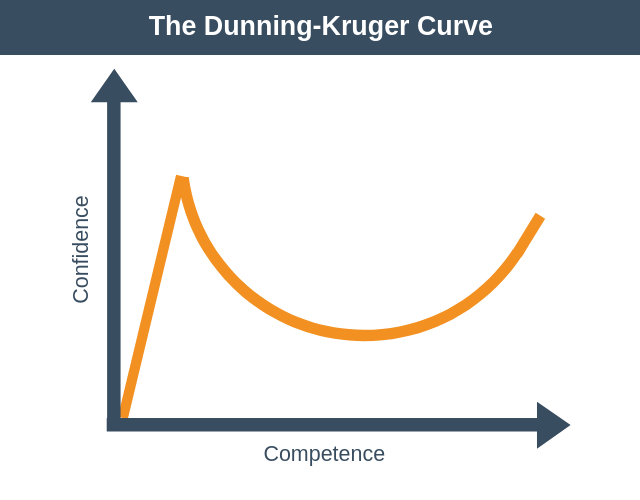
As you can see, on the x-axis we have experience or knowledge of the field, and on the y-axis, we have confidence or perceived ability.
The Dunning-Kruger Curve shows that people with zero experience know they are incompetent. However, those with just a little experience vastly overestimate their competence. As people get further experience, they become more aware of the gaps in their knowledge and their confidence decreases until they reach the point of average competence. After this point, as their expertise increases, so does their confidence.
The Dunning-Kruger Curve is sometimes redrawn humorously as Mount Stupid:
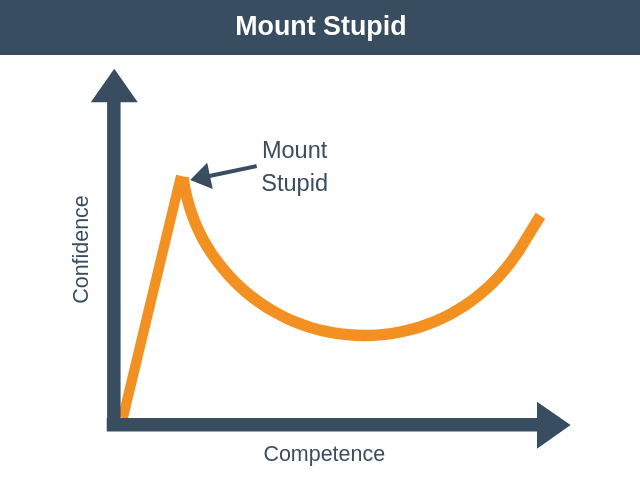
The scariest thing about being on Mount Stupid is that you won’t even realize you’re there.
An important point to realize about the Dunning-Kruger Effect is that it doesn’t just happen to some people. It happens to all of us, you, me, your boss, everyone!
Another way to understand the various points on the curve is via the following diagram.
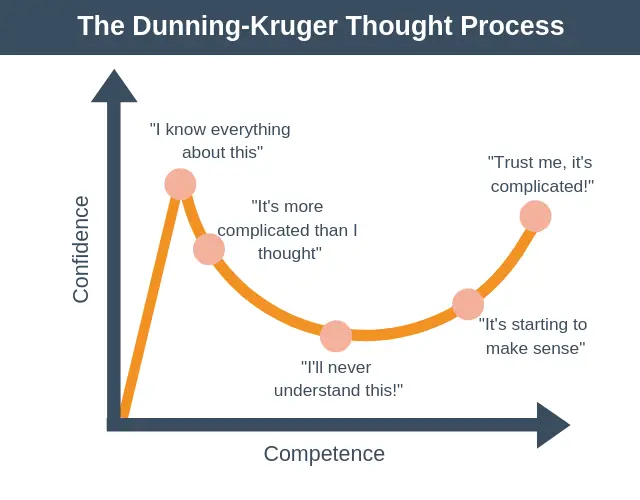
Note that the only people who tend to underestimate their abilities are those that are actually the most competent and experienced. This is often called the burden of expertise.
What’s Causing the Dunning-Kruger Effect?
There are two causes behind the effect:
- Ego: Nobody enjoys thinking that they are below average at a task, so we tend to overestimate our abilities.
- Lack of knowledge: At the left-hand side of the curve we don’t have enough experience even to realize that we’re not very good at something. In effect, we’re so incompetent we don’t even understand how incapable we are. It turns out you need some skill in an area to be able to judge how skilled you are in that area.
History
In 1995, a man was amazed and shocked after he was arrested for robbing a bank in broad daylight. Why? He had previously discovered that lemon juice was a crucial ingredient in invisible ink. Thus, he had covered his face in lemon juice in the mistaken belief that he would be invisible.
Discovering this incident, researchers Justin Kruger and David Dunning ran a series of experiments to examine the link between perceived ability and actual ability.
Examples of Dunning-Kruger in the Workplace
There are many ways in which the Dunning-Kruger Effect can manifest itself in the workplace. Some examples include:
1. Poor Performance
A team member who believes they are exceptionally skilled and a high performer in their current role, who is surprised, shocked, and even angry to discover you think otherwise during their performance appraisal.
2. Poor Decisions from New Team Members
A new team member or new graduate may be overconfident in their assessment of the situation. This may cause them to select an imperfect solution to a problem, or underestimate how long a task will take to complete.
Essentially, their lack of experience causes them to be utterly unaware of all the future issues which might block their progress.
3. Poor Decisions from Senior Leaders
Senior leaders may make poor decisions because they are so far removed from the detail and practicalities of how things work. They may believe things to be simpler than they are. This, combined with the tendency for senior leaders to be very confident may cause them to commit to unrealistic projects and targets.
Using the Model
What should you do if you encounter the Dunning-Kruger Effect in the workplace?
Nobody likes to be shot down in flames and told that what they thought was a great idea is in fact, a really dumb idea.
People are social animals and don’t like to be exposed as simply wrong, so the best way to handle people when you realize they are on Mount Stupid is to help them to understand that things are more complicated than they thought through their own reasoning. That is, they must realize for themselves that maybe there is more to the situation or problem than they initially thought.
Here are two simple ways to do this:
1. Coaching
If you’re managing team members, then you can adopt a coaching style to give them feedback on their ideas and work progress. This style shouldn’t be critical but should help them to explore potential issues with their ideas.
Over time using this approach, team members will develop not just a deeper understanding of typical issues that might arise. They will also develop a set of tools and strategies for analyzing situations for potential problems that might occur. This will help them to become more well rounded and realistic in their approach.
2. Managing Up
The aim here is the same as for the staff you manage. You want your superiors to realize for themselves that their initial ideas may be more complex and fraught with difficulties than they originally imagined.
Because you don’t have line management responsibility for them, you can’t coach them formally. The next best thing is to try to manage them by managing up. This will involve:
- Anticipating the needs of your boss.
- Communicating regularly with them to keep them better informed so they can make better decisions.
- Having offline conversations with key players to ensure they have the necessary background information to make better-informed decisions.
- Being seen as a positive source of help and a key input into decision making.
It takes considerable knowledge just to realize the extent of your own ignorance.
Thomas Sowell
The Opposite of Dunning-Kruger
The opposite of the Dunning-Kruger Effect to some degree is Imposter Syndrome.
Here, you have high-ability but believe your actual ability is very low. In a nutshell, while your ability is high, you feel like a fraud or believe that you are faking competence in some way.
While people on Mount Stupid are unjustifiedly overconfident, people suffering from imposter syndrome will be unjustifiedly under confident. They may believe that the success they have had to date is through luck rather than hard-work and judgment.
Summary
The Dunning-Kruger Effect is something that exists to a lesser or greater extent within us all. It is a cognitive bias characterized by overconfidence. The effect is at its most visible and dangerous in people with just a little experience of something who are unrealistically overconfident.
